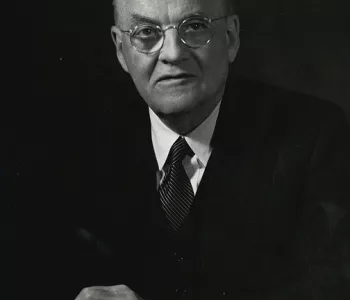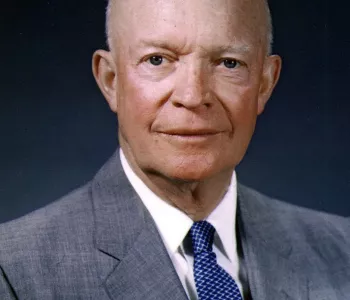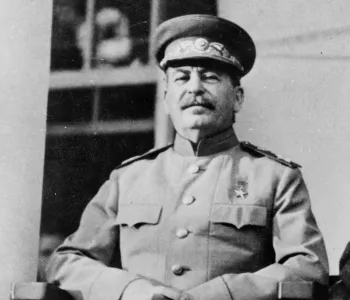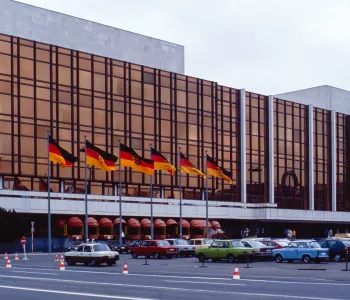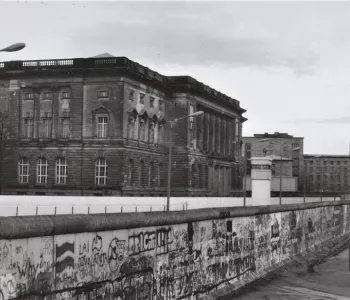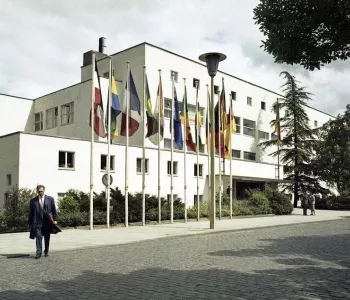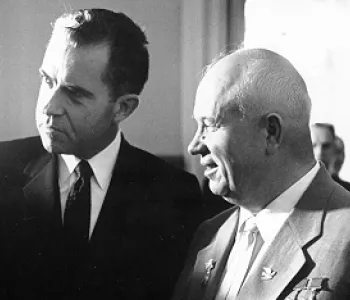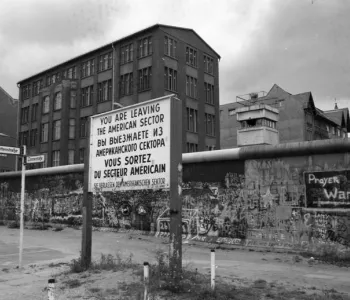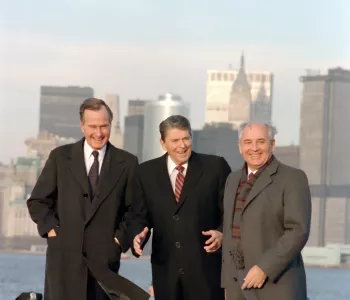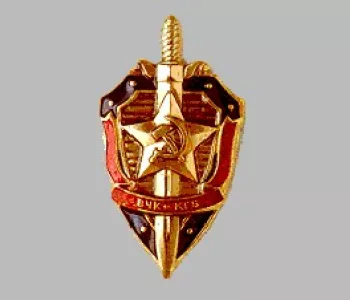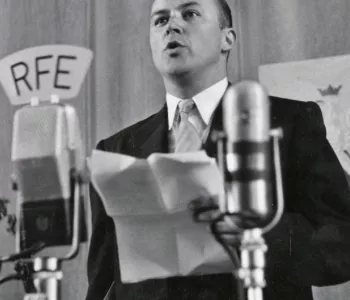This is a collection of primary source documents related to the East German uprising of June 1953. The uprising started with a strike by East Berlin construction workers on June 16th. The next day it spread throughout East Germany and was violently suppressed by the Soviet Army. The documents in this collection are from Russian and German archives and cover the period between April 1952 and October 1953. There are memorandums, minutes of conversation, decrees, cables, and reports on the development during the uprising. Some documents in the collection refer to the Soviet military intervention, including the movement of troops and equipment by the Soviet Army. There are 14 cables from June 17th - the second day of the uprising, describing the situation and its development. Other documents refer to reactions to the uprising and its conclusion. (Image: Uprising in the Soviet sector in Berlin. Tanks used by the Soviet occupying powers to suppress the unrest in Schützenstrasse.)

